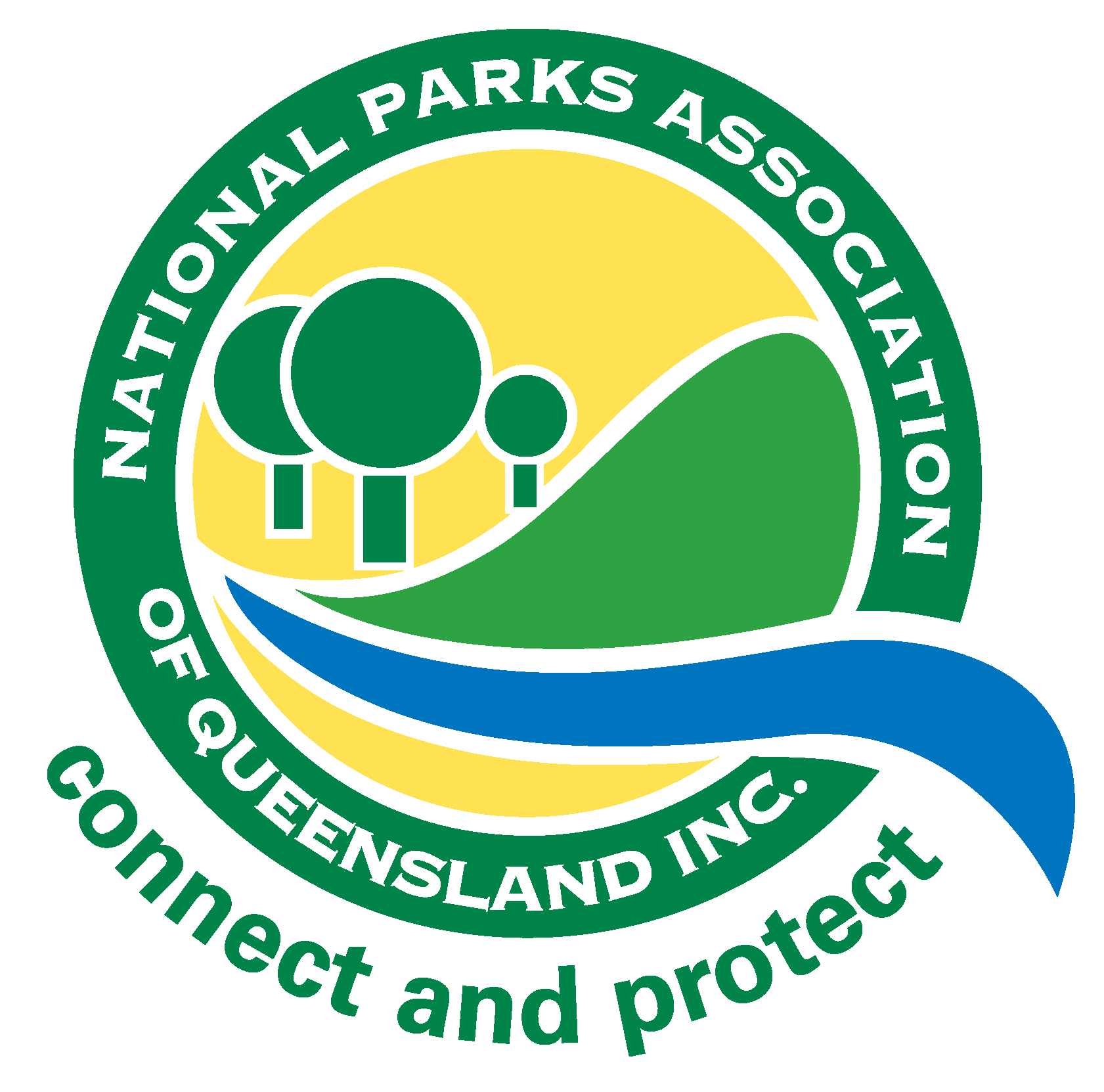Protected Magazine
Remembering a biodiversity icon
One of the world’s most spoken about Conservation Biologists, Thomas Eugene Lovejoy III, died from a pancreatic neuroendocrine tumour on 25th December 2021 at the age of 80.
Thomas was born on August 22, 1941, in Manhattan, New York and was a renowned expert on biodiversity, tropical forests, and climate change who devoted much of his career to working in the Amazon Rainforest. whilst working as a zoological assistant at the Yale Peabody Museum of Natural History,
he earned a bachelor degree in biology at Yale University in 1964. He then completed his PhD at Yale on the ecology of Amazon forest birds in 1969.
Ten years after completing his PhD (1979), Thomas founded the Biological Dynamics of Forest Fragments Project (BDFFP) with Brazillian colleagues. The DFFP aims to understand how habitat fragmentation affects Amazonian birds, bats, trees, vines, insects, and other elements of rainforest biodiversity. Today it is one of the world’s largest and longest running ecological experiments, spanning some 1000 km2.
In 1980, Thomas introduced the term ‘biological diversity’ to the scientific community which has since been shortened to ‘biodiversity’.
Throughout his career, Thomas held high-level positions with organizations such as the World Wildlife Fund, the Smithsonian Institution, Inter-American Development Bank, American Institution of Biological Sciences, the Society of Conservation Biology and the United Nations Foundation.
He also served as an environmental adviser to Presidents Reagan, Bush Sr., and Clinton and as chief biodiversity adviser to the World Bank, where he helped to strengthen environmental safeguards for World Bank–funded projects.
In 2001, Thomas was the recipient of the University of Southern California’s Tyler Prize for Environmental Achievement and received the Golden Plate Award of the American Academy of Achievement.
The National Biodiversity Institute (INBio) named a new species of wasp, Polycyrtus lovejoyi, in honour of Thomas in 2004. His next award was received in 2012, when he was awarded the Blue Planet Prize for being “the first scientist to academically clarify how humans are causing habitat fragmentation and pushing biological diversity towards crisis.”
In 2016 Thomas was selected as the US Science ENvoy by the US State Department and in 2018, he helped to establish the Amazon Biodiversity Center. Though majority of Thomas’s career was based in Brazil, he also had a big impact in Australia.
Through political connections, he successfully influenced the development and implementation of national biodiversity policy and law and made public the linkages between climate change and biodiversity.
He directly advised the Commonwealth on which conservation projects to fund in the South Pacific and helped raise significant funds to conserve high- biodiversity-value land within Australia.

